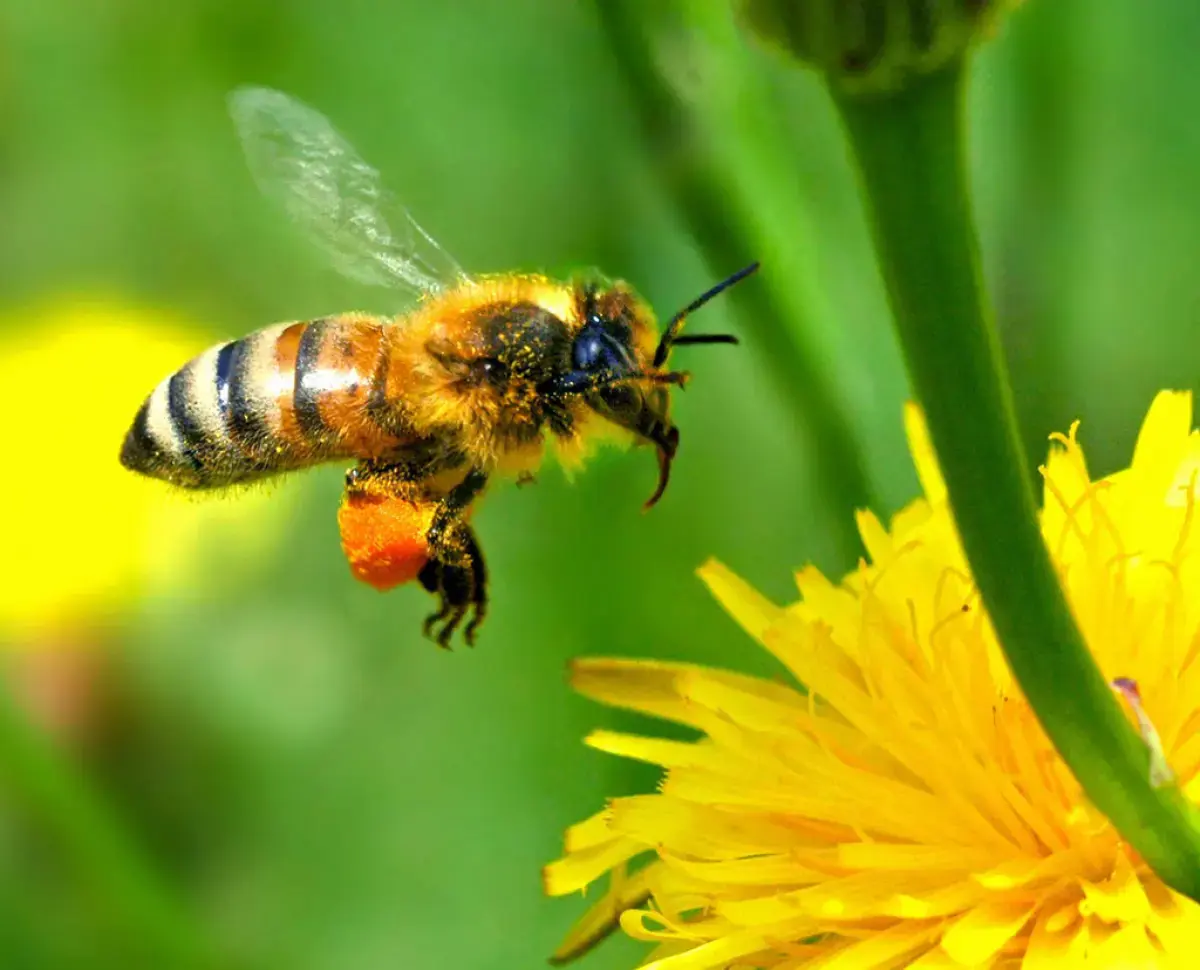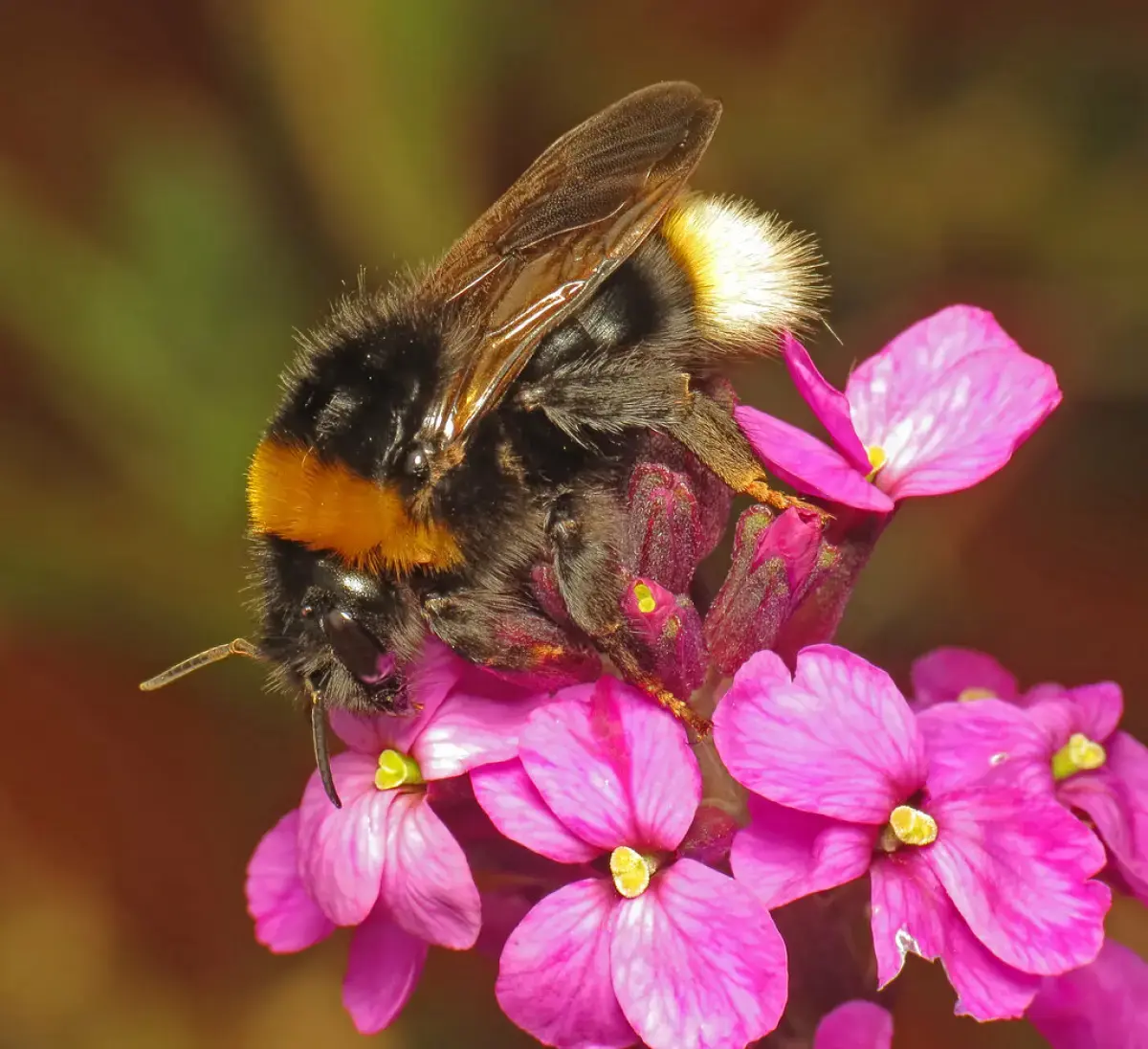 A team of ecologists from Northwestern University and the Chicago Botanic Garden has spent eight years studying eight species of wild in the Rocky Mountains of Colorado. The researchers aimed to create a comprehensive dietary profile for these insects, which belong to the family of true bees and are closely related to honeybees.
A team of ecologists from Northwestern University and the Chicago Botanic Garden has spent eight years studying eight species of wild in the Rocky Mountains of Colorado. The researchers aimed to create a comprehensive dietary profile for these insects, which belong to the family of true bees and are closely related to honeybees.
The researchers identified which each species of bumblebee visited in search of pollen. The team also collected pollen samples from these plants to determine their protein, fat, and carbohydrate content.
What Did the Scientists Discover?
The results showed that the nutrient content of pollen varied by season. For instance, pollen from spring flowers contained more protein, while pollen from late summer had higher levels of fats and carbohydrates. This variation influenced the seasonal preferences of the insects.
Interestingly, the scientists were surprised by the differences in protein content among the flowers studied. Some contained as little as 17 percent protein, while others had around 86 percent, as reported by The Guardian.
“All types of pollen contain proteins, fats, and carbohydrates, but each has a different set of micronutrients. Some types are very rich in protein, like steak. Others are more like salad,” explained Justin Bane, the lead author of the study.
The team also found that bumblebees with larger bodies and longer proboscises preferred pollen with high protein content but low sugar and fat levels, while those with shorter proboscises opted for pollen with higher carbohydrate and fat content.

Paul Caradonna, a senior author of the study, noted, “We now have a better understanding of what are bringing home in their food bags.” According to him, the research revealed a vast diversity of macronutrients in natural ecosystems and that the nutritional needs of bees are not universal.
Caradonna believes that the findings provide the most reliable data on the availability of nutritional resources found in field flowers and how pollinators utilize these resources.
Why Is This Research Important?
Global populations of pollinators continue to face threats from habitat loss and nutritional decline due to . The authors of the study emphasized the need to preserve the diversity of plants that meet the nutritional needs of bees.
Michael Walsh, founder of the London beekeeping service The Urban Apiarist, who was not involved in the study, stated, “Bees demonstrate a kind of collective intelligence. We need to protect both them and their ecosystems, as our food systems depend on them.” Therefore, conservation measures are necessary to ensure a diverse diet for bees and bumblebees.
The study’s findings were published in the journal Proceedings of the Royal Society B: Biological Sciences.
Photo: Unsplash
